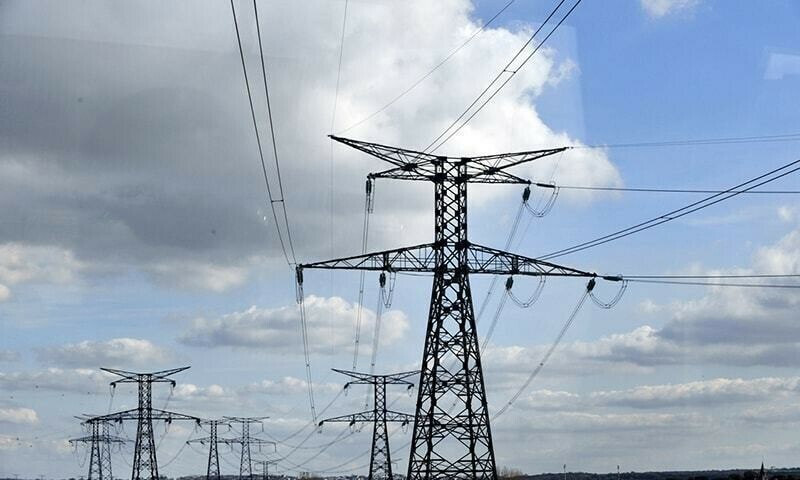ISLAMABAD: A member of the National Electric Power Regulatory Authority (Nepra) has raised serious concerns about inefficiencies in the power system and called for urgent action to address transmission bottlenecks.
In his additional note on quarterly adjustments for the period May to July 2025 applicable across all consumer categories, excluding lifeline and prepaid consumers, Nepra Member (technical) Rafique Ahmad Shaikh highlighted critical shortcomings in the transmission system, which resulted in Rs69 billion in capacity payments to three coal-fired plants despite extremely low utilisation rates.
He made these observations in the context of the third-quarter adjustment for FY25, under which a reduction of Rs1.55 per unit has been approved, leading to a total refund of Rs52.6bn to consumers of Discos and K-Electric in their bills for May, June and July 2025.
Among several ongoing issues, transmission constraints continue to hinder the utilisation of cost-effective power plants located in the southern region — specifically Port Qasim, China Power and Lucky Electric.
Says transmission shortfalls cost Rs69bn in idle coal plant payments
Despite their potential to supply affordable electricity, these plants reported extremely low utilisation factors during the quarter: approximately one per cent for Port Qasim, 10pc for China Power and 0pc for Lucky Electric. However, they claimed significant capacity payments amounting to Rs26.95bn, Rs30.88bn and Rs11.26bn, respectively.
Mr Shaikh further noted that the total capacity payment claimed by Discos for the third quarter of FY25 amounted to Rs362.395bn, compared to a reference figure of Rs459.286bn.
Electricity sales during this period were 19,968GWh, compared to the reference figure of 21,846GWh. Typically, such a decline in sales would lead to an increase in per-unit capacity charges due to the fixed nature of these payments.
“In total, around Rs69.09bn has been claimed in capacity charges despite minimal generation. This reflects a major inefficiency in the system and underscores the urgent need to address transmission bottlenecks and improve generation dispatch practices to ensure optimal use of available low-cost generation resources,” Mr Shaikh stated.
The additional note also pointed out that the termination of certain power purchase agreements (PPAs) and other adjustments related to independent power producers (IPPs) during the quarter contributed to a decrease in projected capacity payments. While this resulted in a negative adjustment for the third quarter, Mr Shaikh emphasised that improved governance and more efficient system operations could have further enhanced electricity sales — potentially leading to a greater reduction in adjustment amounts.
The note also called attention to the performance of public sector Gencos — specifically Genco-II (Guddu Old), Genco-III (TPS Muzaffargarh) and Genco-I (Jamshoro Power Company Limited) — which collectively claimed capacity payments totaling Rs1.23bn (Rs469 million, Rs350m and Rs418m, respectively) despite generating no electricity during the quarter.
These plants, Mr Shaikh noted, suffer from high generation costs and low operational efficiency, with little likelihood of being dispatched by the system operator in the future, given the current surplus of more cost-effective capacity.
Published in Dawn, May 11th, 2025


